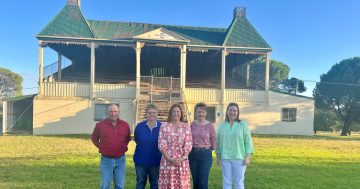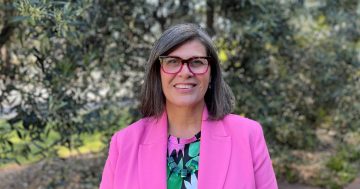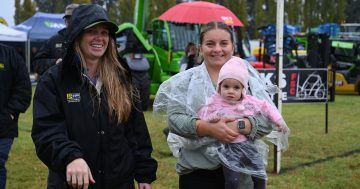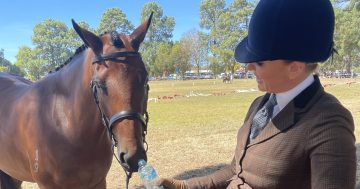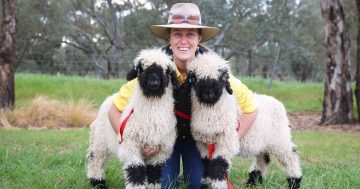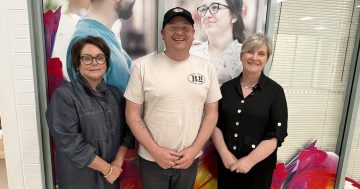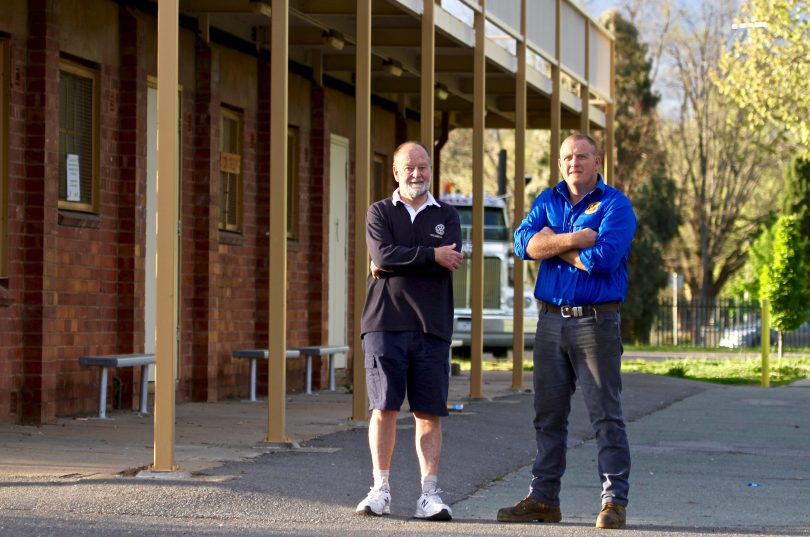
Rotary Club of Queanbeyan secretary and former president Andrew Gerring with Queanbeyan Show Society president Eddie Zarb at Queanbeyan Showground. Photo: Michael Weaver.
Standing in front of a field of green at Queanbeyan Showground, Eddie Zarb is disappointed at not being able to showcase the town’s agricultural aspects this year.
While the show doesn’t always go on, the communities around the agricultural shows in NSW and ACT that were cancelled because of the COVID-19 pandemic are being urged to show their solidarity.
The annual Queanbeyan Show usually runs at the beginning of November, but Queanbeyan Show Society president Eddie Zarb said its committee had to make the hard decision to wait until next year.
“We had been getting at least 10,000 people through the gates during the past few years, but with the current restrictions, we just couldn’t have run the show with all the moving parts,” Mr Zarb told Region Media. “It wouldn’t be fair on the volunteers and the groups involved.”
He said the decision to cancel the show was particularly difficult given how farmers have rebounded after the past summer’s bushfires and drought.
“Lambs are worth a fortune at the moment and people have the luxury of leaving their properties now that the grass is greener so it’s a real shame we can’t showcase what everyone on the land has been doing,” said Mr Zarb.
He has also approached the Queanbeyan Show’s sponsors, who have all said they will be back next year to support the show that has been bearing the fruits from a rejuvenated committee.
“We couldn’t ask for better supporters, but we really feel for the community groups who rely on the show as their major fundraiser for the year,” he said.
Rotary Club of Queanbeyan secretary and former president Andrew Gerring said the loss of funds from gate takings means the community projects they support will miss out this year.
“Our members man the gates at the show so apart from not being at this year’s show, we won’t be making donations to places such as Home in Queanbeyan and the women’s shelter,” he said.
“The ripple effect of not running the show is difficult, especially with the COVID-19 situation beginning to ease.”
Mr Zarb urged people in the region to get behind the small businesses that make the show tick.
“We know there’s a lot of people still doing it tough but we’ll be back,” he said. “We can’t put the show on this year so people should make that extra effort to support the businesses and groups who support the show.
“These are businesses that have copped bushfires, droughts and COVID-19 so we can show our support by supporting them.”
Despite the cancellation of the majority of the 195 agricultural shows in NSW, president of the Agricultural Societies Council of NSW, Tim Capp, said the show spirit is still alive and well.
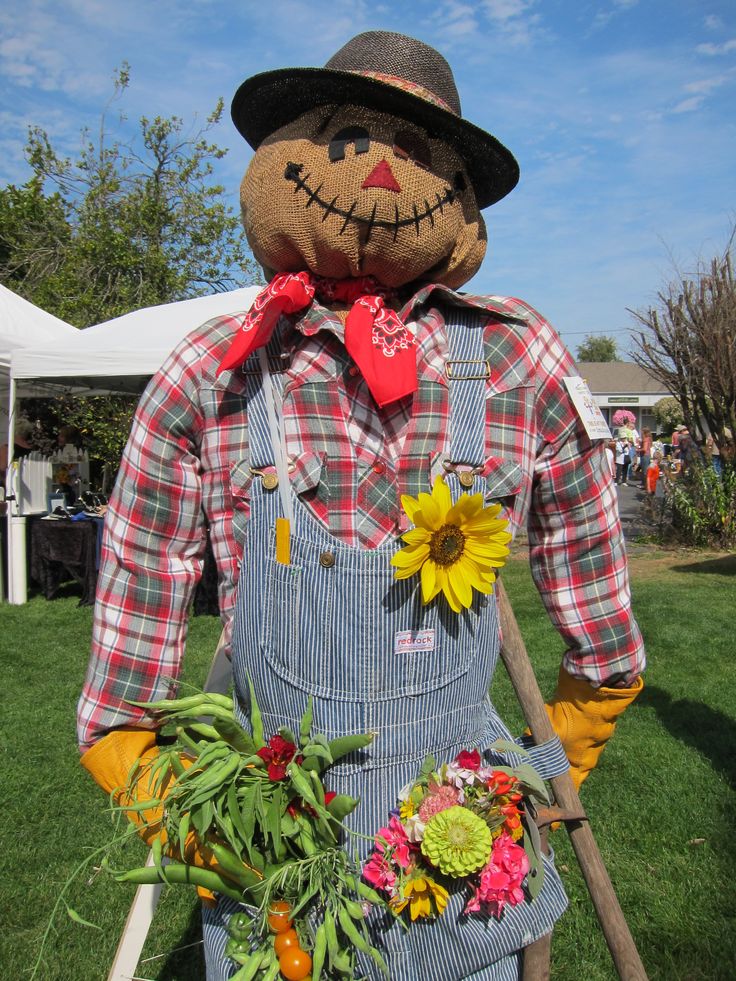
An example of a no-show scarecrow. Photo: Supplied.
“Agricultural shows in Australia attract six million visitors annually and the volunteer hours required to run the 660 shows makes the show movement the largest volunteer network in the country,” he said.
“During COVID-19, showgrounds have been critical community hubs for COVID-19 testing, and prior to that, many were utilised as livestock and community refuges during the summer bushfires.”
“Shows are unique reflections of their local community, and we recommend each show society puts a local spin on their no-show scarecrow to be displayed proudly in a prominent location as a reminder that the show will go on and to put a smile on local faces in the process,” he said.













